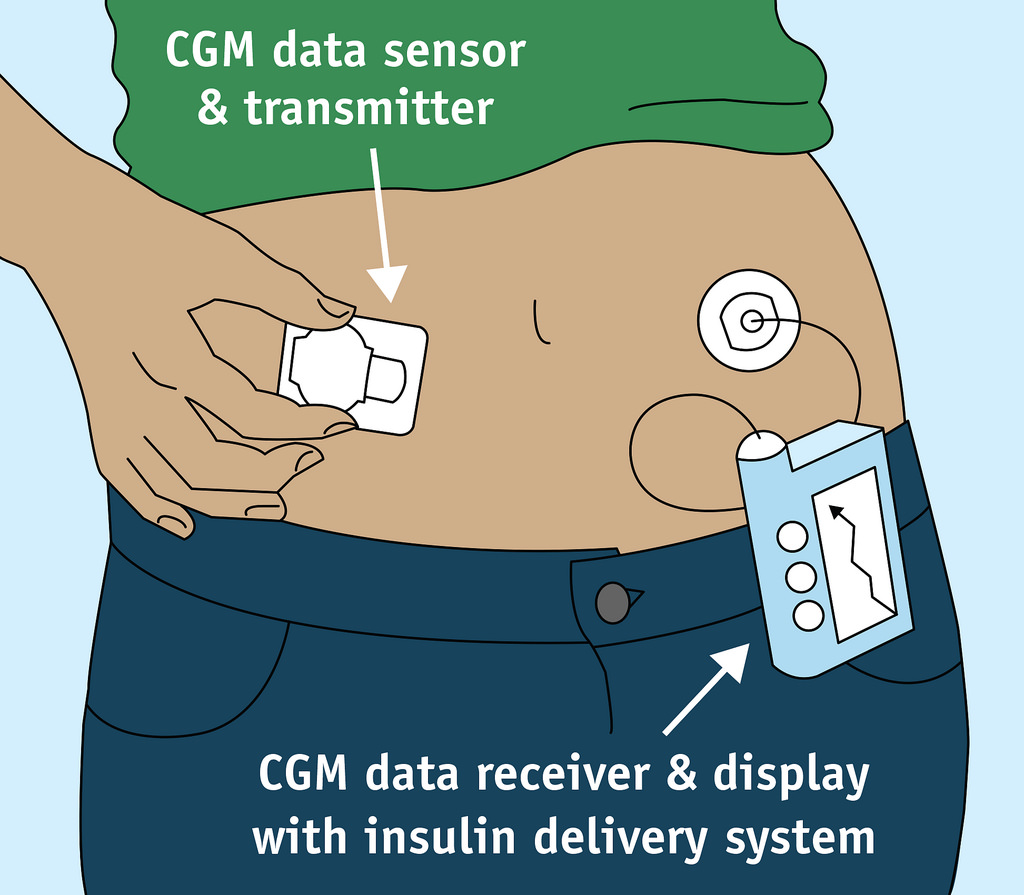Search
Research
Reducing Rates of Severe Hypoglycemia in a Population-Based Cohort of Children and Adolescents With Type 1 Diabetes Over the Decade 2000–2009The objective of this study was to examine rates of severe hypoglycemia (SH) in a large population-based cohort of children with type 1 diabetes and...
Research
Lifecourse childhood adiposity trajectories associated with adolescent insulin resistanceIn light of the obesity epidemic, we aimed to characterize novel childhood adiposity trajectories from birth to age 14 years and to determine their relation...
Research
Type 2 Diabetes in Indigenous Australian childrenRates of type 2 diabetes are higher among Indigenous than non-Indigenous Australian children and adolescents.
Research
Independent effects of socioeconomic status and place of residence on the incidence of type 1 diabetes in Western AustraliaTo analyze the incidence of type 1 diabetes in 0- to 14-year olds in Western Australia, from 1985 to 2002, by region and socioeconomic status.
Research
Does commencement of a gluten- free diet improve blood glucose control in children and young people with Type 1 Diabetes and Coeliac Disease?If the gut becomes damaged it may not be able to process the foods that we eat as well as it used to. This may also affect how we look after diabetes.
Research
Understanding Diabetes: Early environmental determinants of pancreatic islet autoimmunity: a pregnancy to early life cohort study in children at risk of type 1 diabetesThis study is looking for the causes of type 1 diabetes, so that we can find ways to prevent it. We will follow many women around Australia during pregnancy until early childhood, looking at the child's birth, environment and genes.
Research
Type 1 and Type 2 Diabetes DNA bankA register which stores demographic and clinical data on all patients attending the diabetes clinic at Princess Margaret Hospital
Research
Neurocognitive outcomes of children with type 1 diabetes mellitusTo conduct an analysis of children with TIDM’s cognitive profile at an age in which both cognition and cortical development are still maturing
Research
Aussi-AdDITInvestigating changes in retinopathy, aortic intima media thickness & heart rate variability, indicators of macrovascular disease & autonomic neuropathy

Research
Closed Loop Study – Day and Night Feasibility StudyA Closed-Loop System will potentially have a major impact upon acute and chronic complications of diabetes as well as upon their quality of life.
